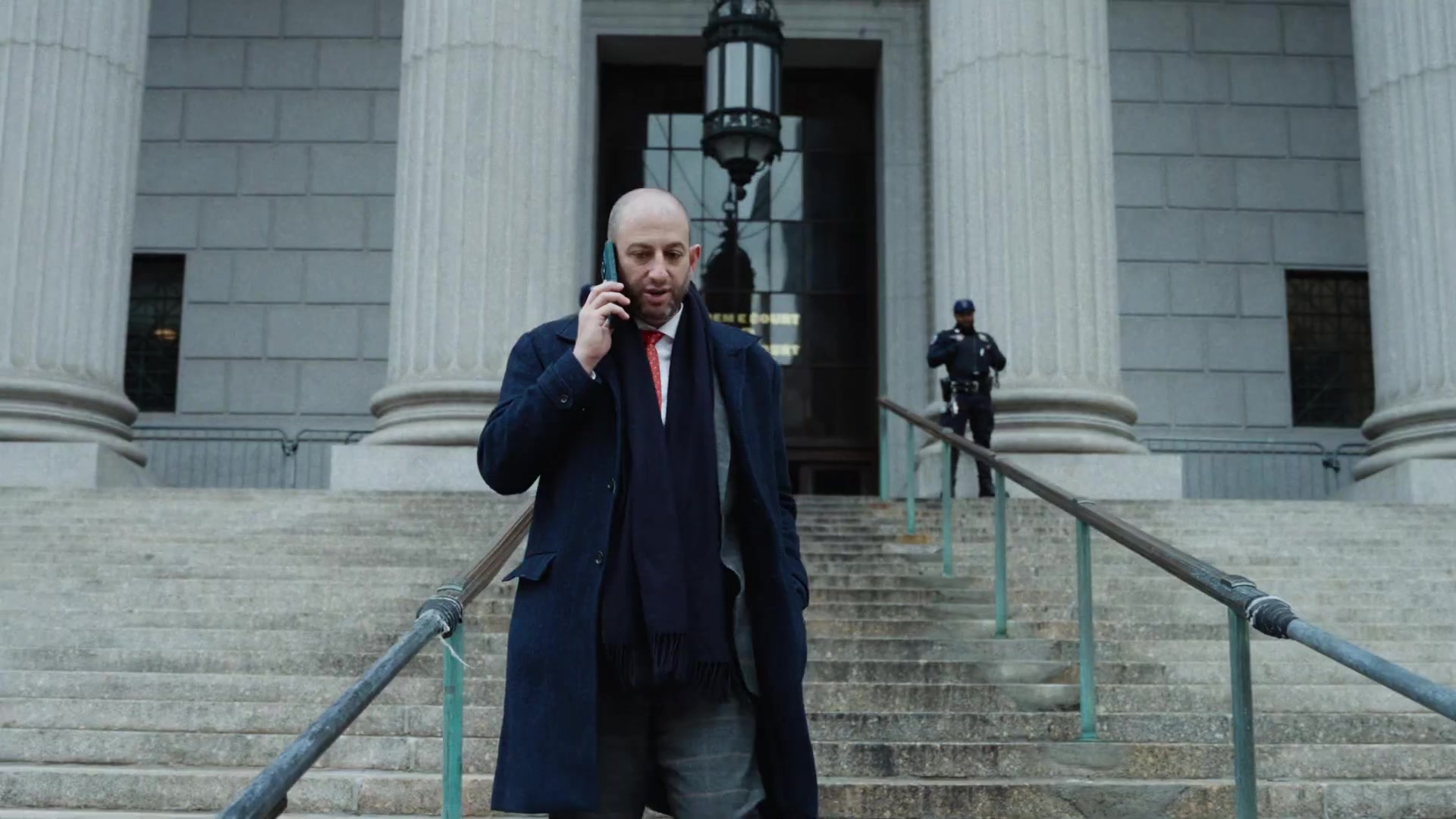Do I Have To Talk To A Federal Grand Jury?
Talking to a Federal Grand Jury
Being summoned to speak in front of a federal grand jury can be quite an intimidating event in its own right. Thinking about the actual testimony that you are about to be asked to give can be downright frightening. You might wonder if you are even required to speak with a federal grand jury. The answer in most in situations is yes, you are. This is because the federal grand jury has the right to hear from you if they believe that you have some information that they need in order to make an informed decision. That being said, there are some exceptions to you having to testify. If your testimony can, for example, implicate you in a crime then you are allowed to invoke the 5th Amendment. In such a situation, you will not likely be forced to answer the questions. There are some other exceptions to this as well, but in general, you will need to talk to a federal grand jury when asked.No Interviews Prior to the Grand Jury
15,000+
Federal Cases Filed Annually
90%
Plea Before Trial
Understand the Notion of Grand Jury Secrecy
It is important to know about Rule 6(e). This is a part of the Federal Rules of Criminal Procedure that dictates that grand jury proceedings are to be kept a secret. This means that what you say in the courtroom is not to be repeated. Violations can result in sanctions being imposed upon the individual, or even charges of criminal contempt being bought against a prosecutor. The other part of this rule dictates that, as a witness, you are free to tell anyone you want about your testimony after the fact. Of course, this is not usually advisable. You will want to keep your testimony quiet in most cases. Some federal prosecutors will even go so far as to tell you that you are not permitted to discuss the grand jury proceedings and any testimony that you give. Do not be bullied by this. You can have your own attorney respond to such a request, as non-non-disclosure should not be an option. You should retain the right to discuss any of the proceedings if you so desire.Allow Your Attorney To Receive the Subpoena
As mentioned, chances are good that you will have to speak to the federal grand jury if you are summoned. This means that you will need to receive a subpoena in order to do so. Most people are embarrassed by this process, as it might mean that you are served at work. However, you can avoid this by having the FBI agents or other representatives of the prosecutor's office serve the subpoena to your attorney. If the agents end up serving you anyway, refuse to answer any of their questions and refer them back to your lawyer. This is the best way to go about the issue.General Guidelines for Grand Jury Testimony
These are just some general guidelines to follow when being asked to testify in front of the grand jury. Remember that you have the right to not incriminate yourself. If you think that you will, consult with an attorney to determine how best to proceed.
Defense Team Spotlight
Todd Spodek
Lead Attorney & Founder
Featured on Netflix’s “Inventing Anna,” Todd brings decades of experience defending clients in complex criminal cases.
Frequently Asked Questions
No. You have the right to remain silent and the right to an attorney. Invoke both rights immediately and contact Spodek Law Group.
Every case is different. We offer free initial consultations to evaluate your case and discuss our fee structure.
An arraignment is your first court appearance where charges are formally read. You enter a plea and bail may be set. Having an attorney present is critical.








